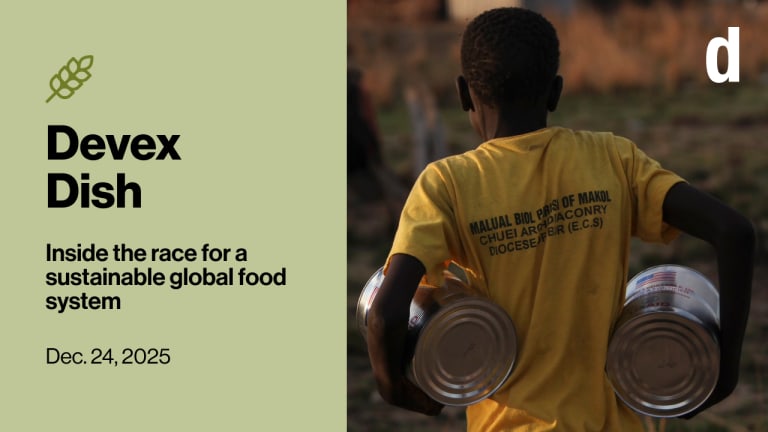Do you think being well-fed is only about having a full stomach? It’s not. Being well-fed is about having enough of the right stuff — safe and nutritious food — and not too much of the wrong stuff — food that is processed beyond recognition and stuffed full of trans fat, additives, salt, and sugars.
Millions of people are hungry. But billions more are malnourished because the calories they get are empty of other good things such as vitamins, minerals, proteins, and fiber. Getting this right in the first 1,000 days of a child’s life, from conception until they reach 2 years of age, is paramount for setting off on pathways to a good life. Children who are well nourished at age 2 do better in school, are more likely to thrive mentally and physically, develop stronger livelihoods, and age healthily — avoiding diseases such as type 2 diabetes, obesity, and high blood pressure.
Nutrition is a nonnegotiable prerequisite for a flourishing society and economy. Yet too many parents have to choose between calories that fill the stomach or taste good which are relatively inexpensive, and the more expensive nutritious foods that develop brains and fuel hopes.









